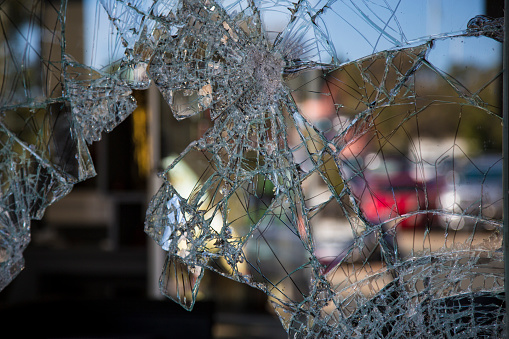
There’s always a story behind the story.
A man broke into a house last month in a neighborhood near White Rock Lake. He couldn’t have missed the security system. Nonetheless, he smashed a window in the backyard and entered the house.
The owners were away, and law enforcement was notified. When the police arrived, they could see the man through the windows, walking around inside. They entered the house, arrested the unarmed burglar and took him to jail.
When the owners returned, what they found is still mystifying. The man did not appear to have scoured the house for valuables. He made himself at home. He used three matches to light a candle. He munched on M&M’s from a large jar in the living room, moving it with him to the kitchen. He opened a can of Pringles and carefully replaced the lid when he’d had enough.
The most surprising thing he did was turn all the family photos on the tables, bookshelves and mantle face down, not breaking any of them.
Why? So he wouldn’t have to look at pictures of a happy family? So he wouldn’t have those faces looking at him? No one knows.
The only thing he took was $150 left on the counter for the maid. Easy pickings, yet easily returned upon his arrest.
That’s the story. What’s the backstory? We don’t know, but we are curious.
This was not the man’s first arrest, but he didn’t seem to be a hardened criminal. Emotionally disturbed? Sure. He probably has a drug problem, as he seemed to descend further toward the abyss between arrests.
What about the family photos and the sense that he knew he would be caught? We can fill in the details, but it would be fiction, of course. We’ll never know the whole truth.
Yet there’s something about family and home that is missing in his life. Some void, some pain.
The Scottish minister John Watson, who went by the pen name Ian Maclaren, was likely the first to write: “Be kind, for everyone you meet is fighting a hard battle.” He phrased it differently in another rendering: “Have pity, for everyone you meet is fighting a hard battle.”
Pity has fallen out of favor in two opposite ways. For one, it seems too soft in cases where accountability is called for. Two, it seems condescending to the one pitied.
Properly understood, pity is compassion or sympathy for another. It calls on us to imagine another’s pain and circumstance and allow our attitudes and actions to be dictated thereby. That is just what I took away from the neighbors who reported this to me.
Whether by mere kindness or pity, our communities will be more wholesome places when our hearts are open rather than closed — even toward those who trespass against us.





